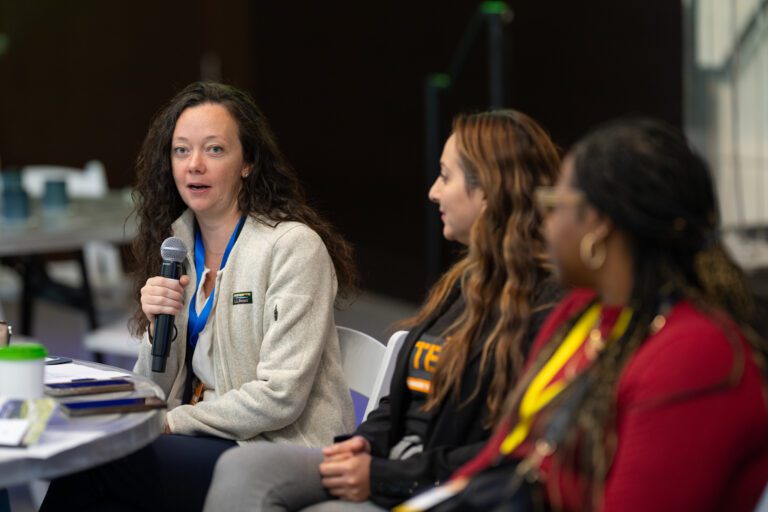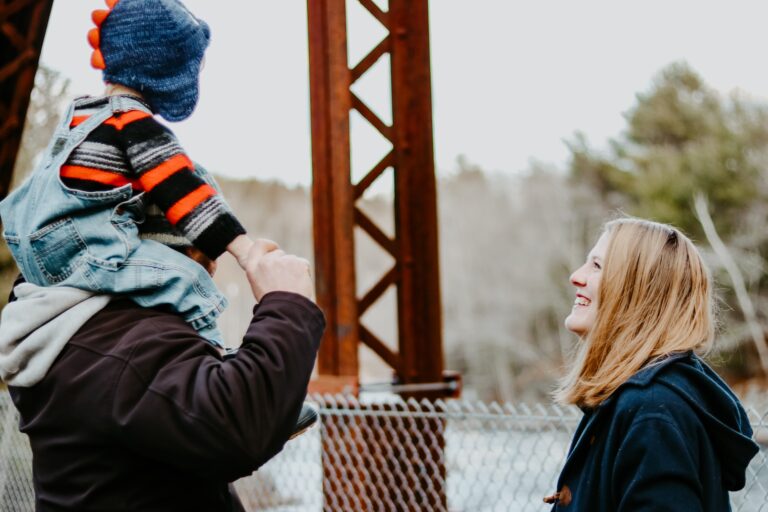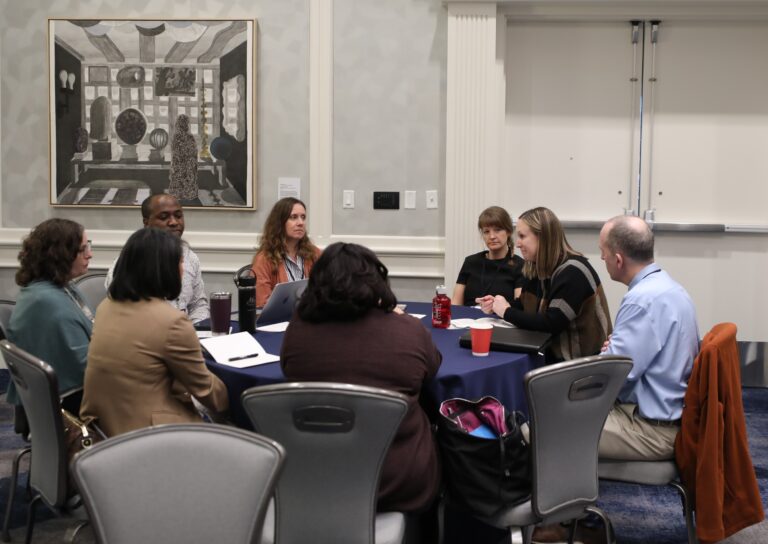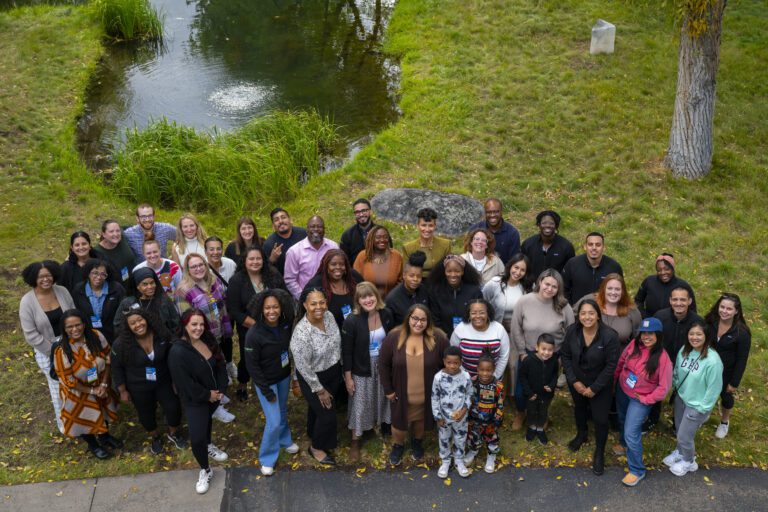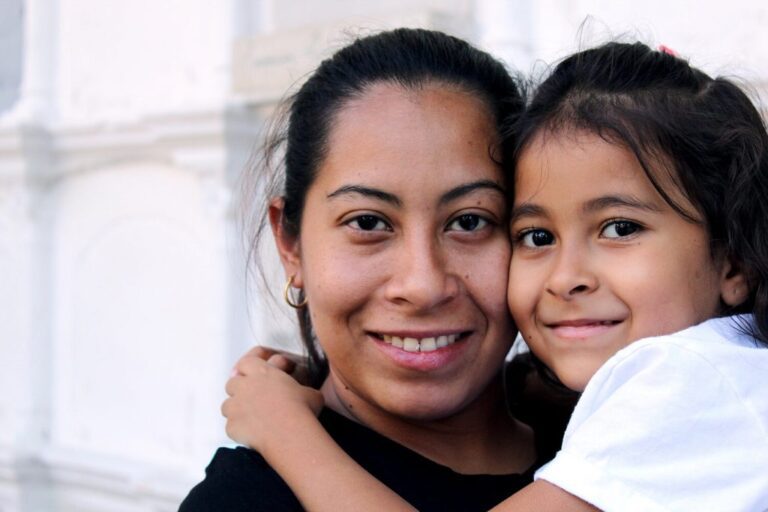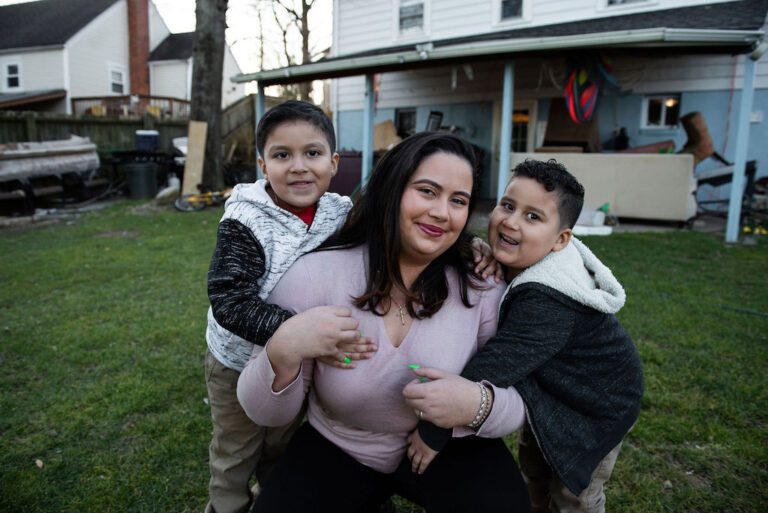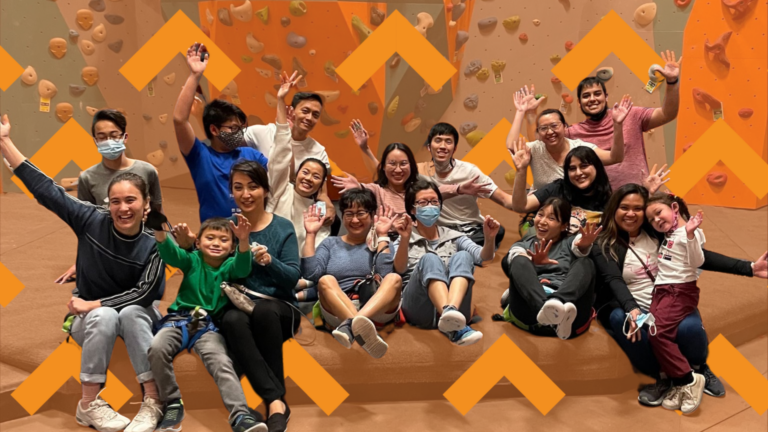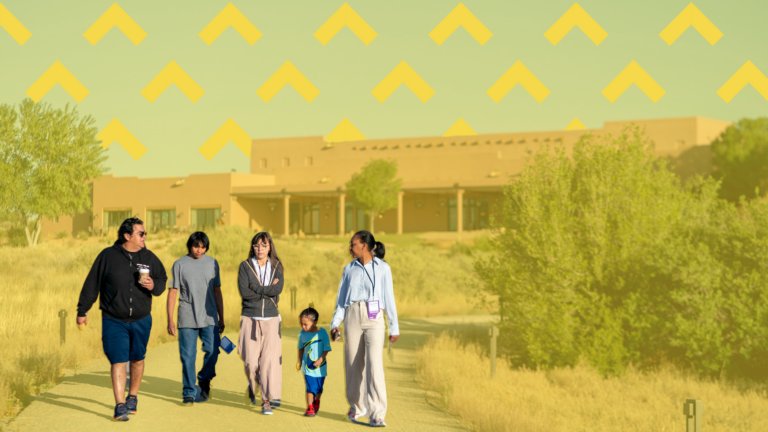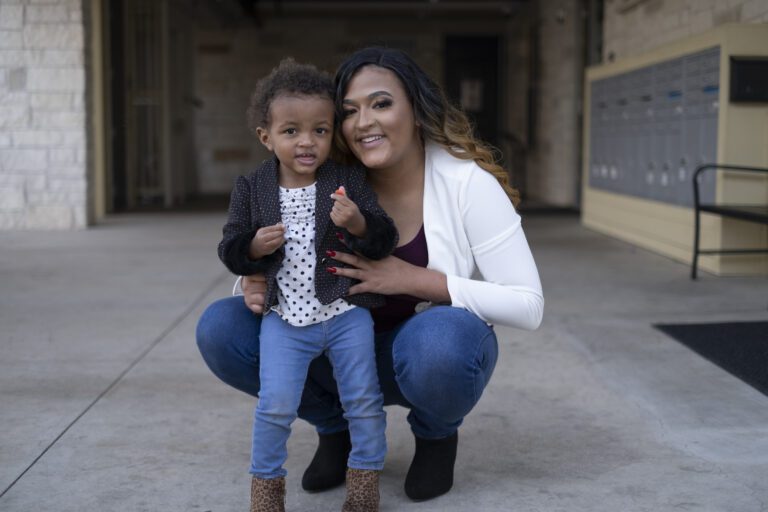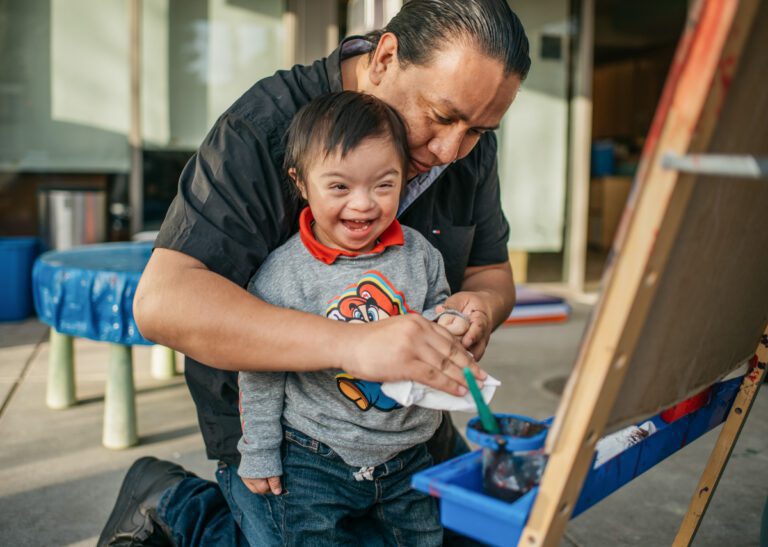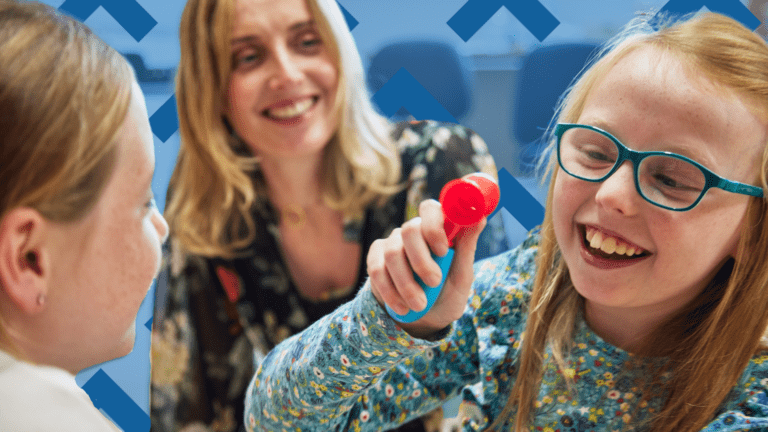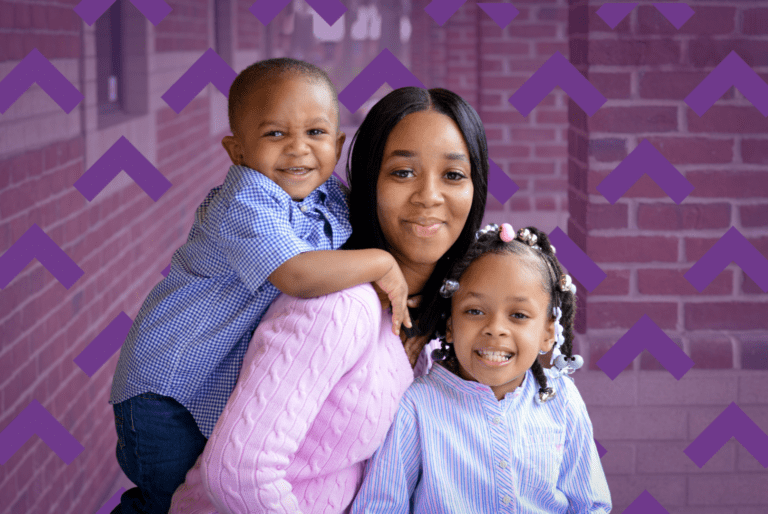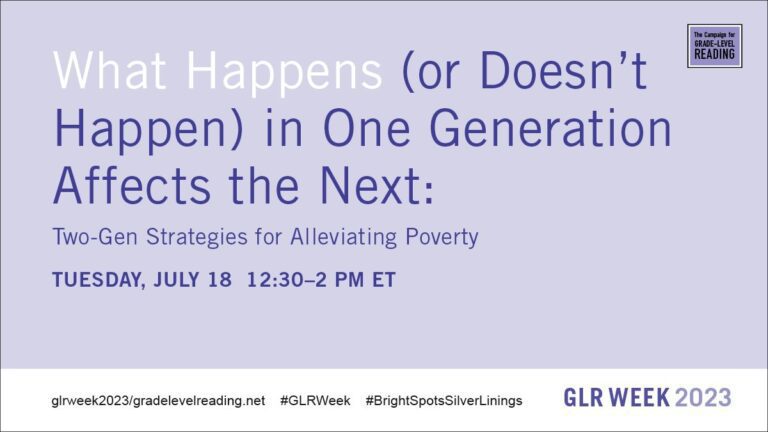The Family Partnership’s 2Gen Approach to Mental Health
Mental illness affects 1 in every 5 Americans, however, inefficiencies, siloes, and disparities among systems make it challenging for families with low-incomes to access the health supports that are essential for them to live their healthiest lives.
Health and well-being is foundational to individuals’ and families’ ability to reach their full potential, which is why it’s one of the two-generation (2Gen) approach’s six key components of family well-being.
While it’s encouraging to see discussions about mental health happening at the national level and there has been a recognition across all levels of society of the youth mental health crisis, we know that a mental health intervention for children can’t be effective without also supporting their parents and caregivers. Health is inherently a whole family, 2Gen issue, and as a society we must address real challenges around stigma and ensure each family and all communities have access to quality, culturally competent, and affordable mental health services.
To learn about how to identify barriers and opportunities for increasing the health and well-being of children and families, we reached out to our Network partner, The Family Partnership, and their Director of Outpatient and Early Childhood Therapies, Emily Geffre. The Family Partnership uses a comprehensive framework based on the 2Gen approach and they are at the forefront of implementing evidence-based practices, tools and emerging brain science to close opportunity and achievement gaps for children and families across generations. We asked Emily about their mental health programs and how they use therapy programs with children, teens, and adults to break the intergenerational cycles of poverty, adversity and trauma.
Q: Why or what led to The Family Partnership providing mental health services in house?
A: This is actually something The Family Partnership (TFP) has done for a long time. Before our merger with Reuben Lindh Family Services, both organizations provided family-centered mental health services. TFP developed its expertise with outpatient mental health clinic settings that we continue to utilize. Our merger partner developed its expertise in both its high quality therapeutic preschools, which we continue to operate, and and in the community, which we also continue to do as well. In fact, we now offer mental health services through our two outpatient clinics, our two preschools, numerous other school settings in the community, as well as in peoples’ homes. We know that creating easier access to needed services helps everyone. For example, having the therapy in the childcare makes it easy for the child to get services, the family to get them to services, and for the therapist to provide the services. Having the child get services in the childcare helps them to be more successful in the childcare setting, which can transfer to more success at home, less stress for caregivers, and a better social emotional foundation for when they go to school.
Q: Why is this part of your 2Gen approach?
A: The better question is how can you work with kids and NOT work with the families? They are naturally and inextricably connected. They are an ecosystem in and of themselves. The healthier the ecosystem, the healthier for everything that lives in it. One practical application is that we try to be very intentional about creating spaces that are family friendly. Another is that when we select evidence-based practices to implement in our counseling centers, we look for ones which offer whole-family interventions whenever possible, as well as trauma-informed interventions since we know that most people in our state have experienced at least one ACE.
Q: What are some of the outcomes you saw once more health supports for were added for families? (For example, did this lead families (individuals) to be able to be part of their child’s early education/learning, complete job training, maintain employment, etc.)
A: The short answer is healthier families. The family is an ecosystem and if one part of the ecosystem is not doing well, it impacts the whole family. If a child is struggling to play with peers, pay attention in group, regulate their bodies, and learn this information, it all comes back to the caregivers and that stress goes onto them and vice versa. That stress impacts their interactions, and takes up space in their lives. When we can teach a child how to regulate their bodies, ask for help, and how to negotiate with peers all that knowledge goes home as well, and if we can also be engaging with the caregivers those skills also get reinforced at home. This lessens stress at school, and thus home, and that space left from that stress can be used for other things that can continue to support and encourage family health.
Learn more about The Family Partnership’s incredible work, and check out some more resources on building effective 2Gen mental health programs.
Related Posts
